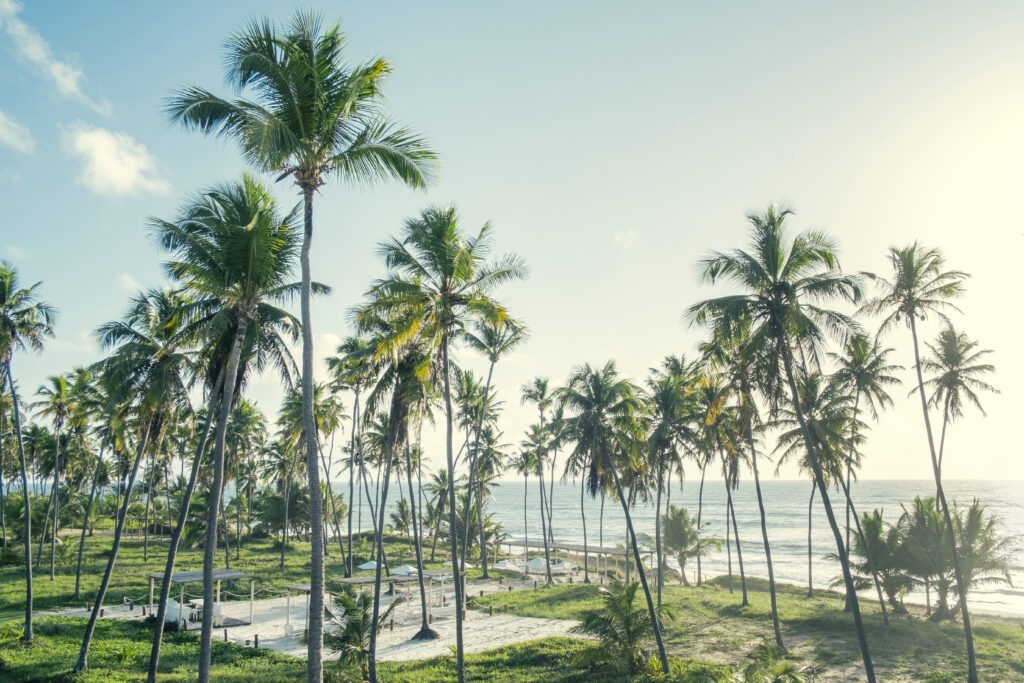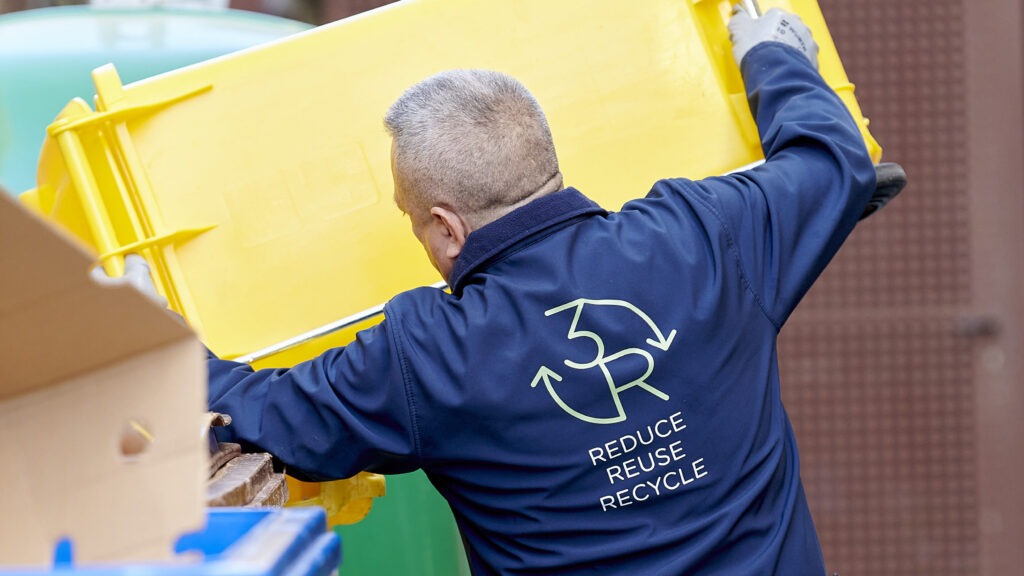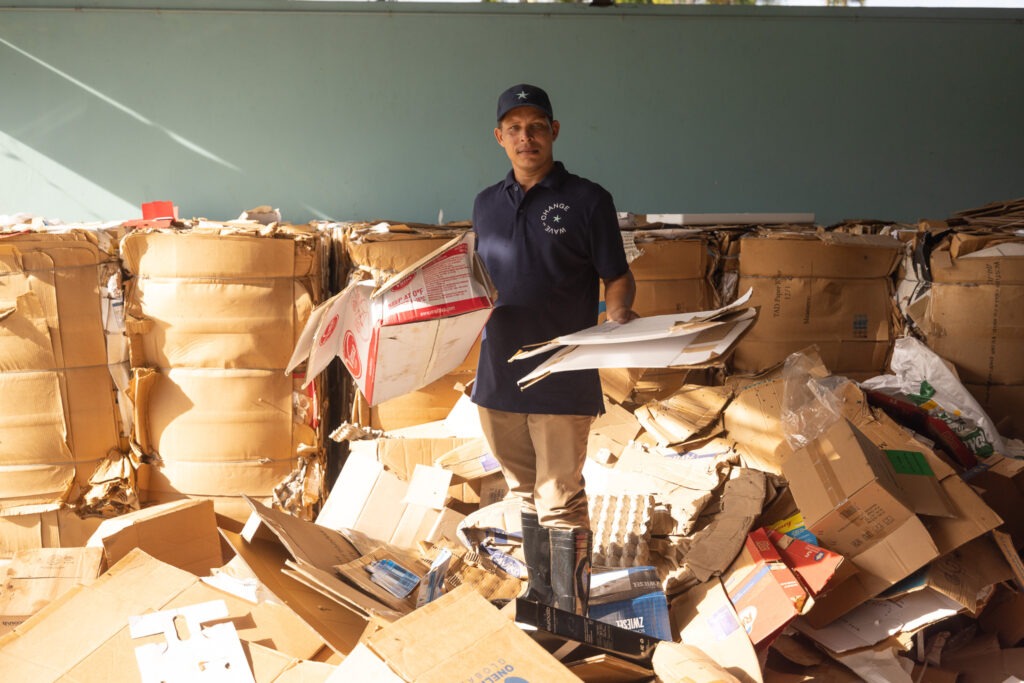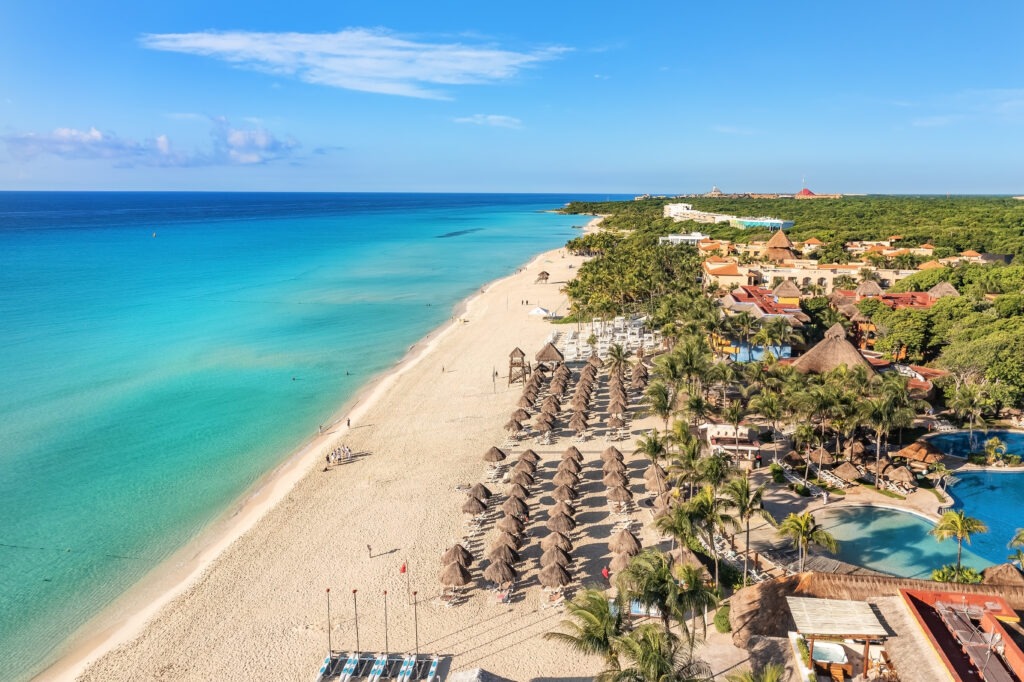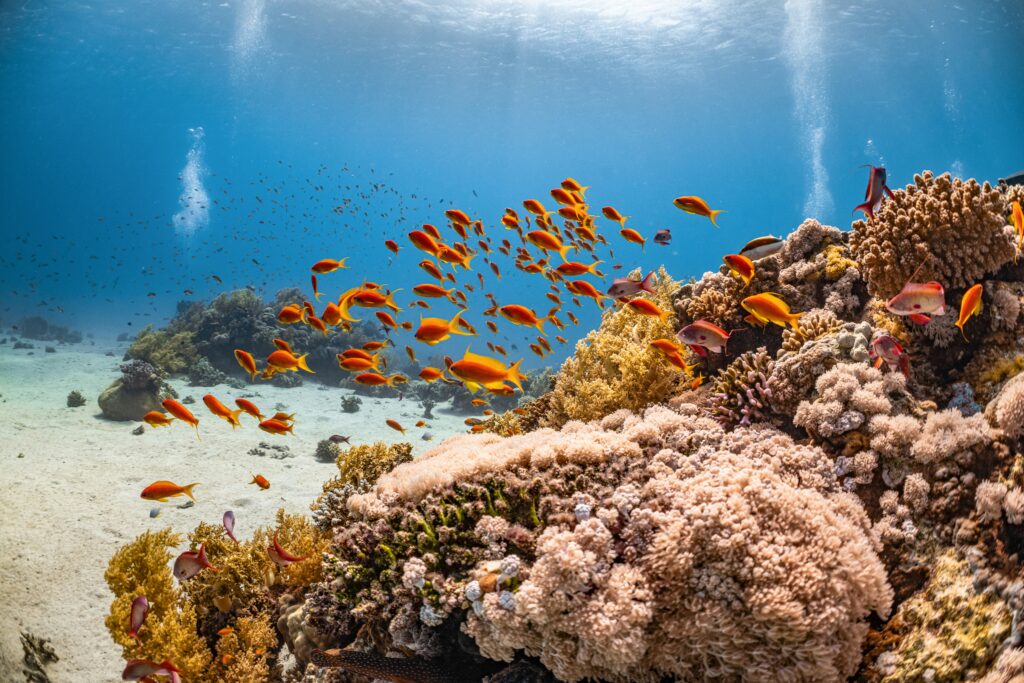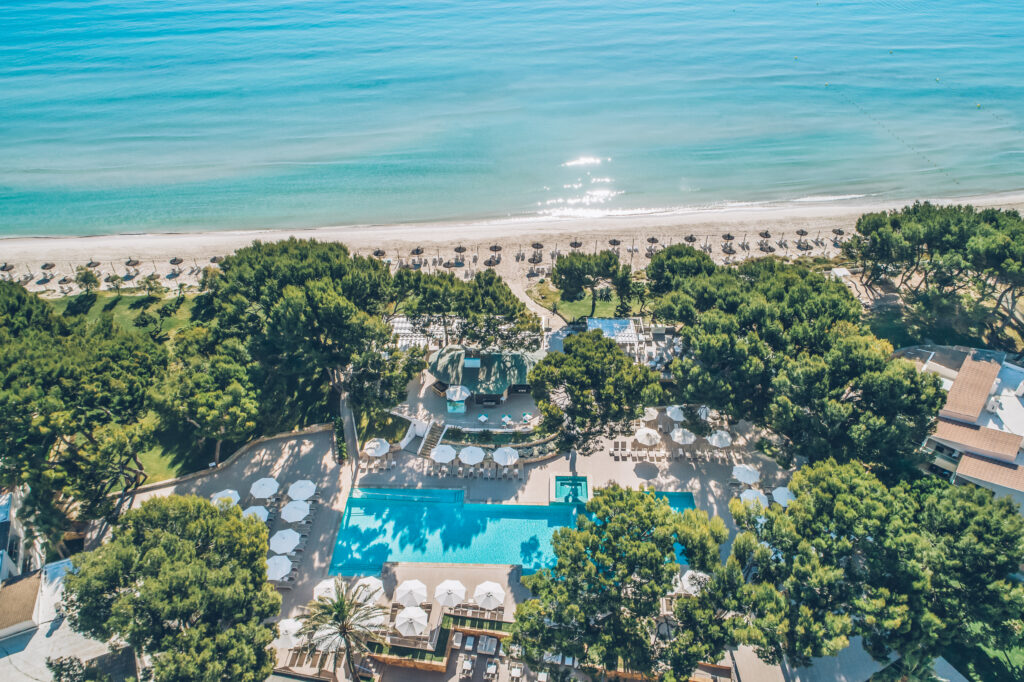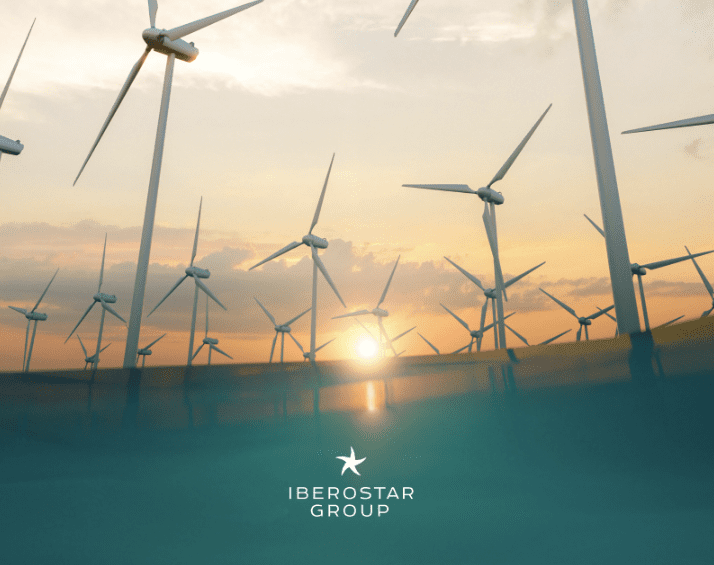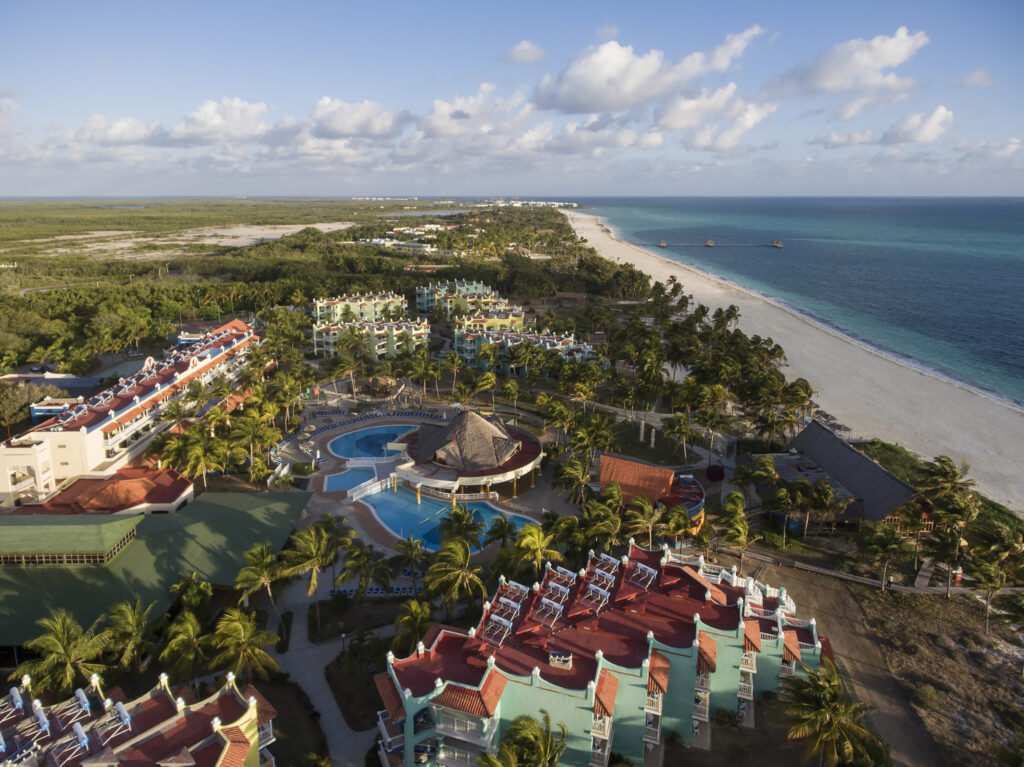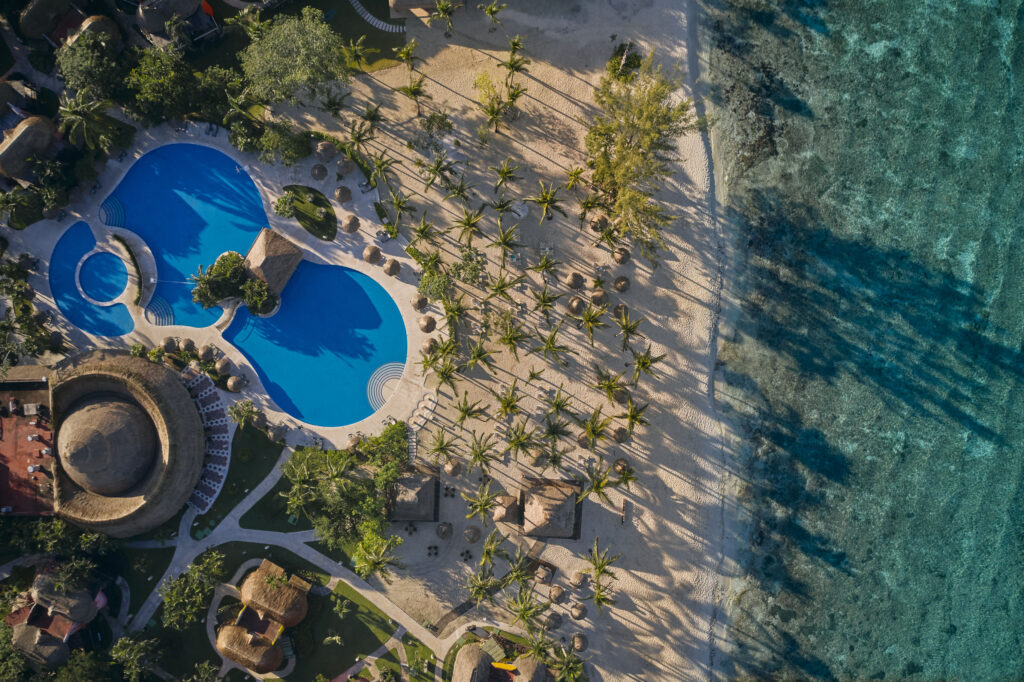Circular economy

SOLUTION
A staggering one-third of Earth’s resources have been depleted, a trend intensifying with time. Our current consumption rate demands 1.75 planets, projected to surge to an alarming two by 2030. This unsustainable trajectory is tightly interwoven with climate change, with 45% of global emissions originating from everyday essentials like cars, clothing, and food.
To address this pressing issue, a unified effort from companies, governments, and stakeholders is imperative. Together, we must craft a robust, profitable and sustainable model. This model not only revitalizes social and human capital but also combats climate change head-on. The shift towards a circular economy is a necessity.



The Circular Economy solutions we are driving
We started our circular economy work by designing strategies to remove single-use plastics, send no waste to landfill, and decarbonize operations within accommodation. Having implemented these strategies for over five years, we broadened our approach to encompass the regenerative and restorative management of water, energy, and products within its built environment. Going even further, we expanded our circular economy philosophy to integrate the concept of regeneration in ecosystem services as well as in the destinations and the value chain.
01
Evolving operations towards circularity
02
Contributing to regenerative destinations
03
Driving partnership through the value chain
We seek to demonstrate that transforming business models in favor of circularity is possible. In order to do so, we spark action across four key areas:
- Employees have the sufficient capacity, constant engagement and clear empowerment to achieve value-driven corporate objectives in the circular economy.
- Operations drive efficiency, renewable energy and regenerative sourcing to decarbonize its direct and indirect emissions well before we must reach net zero objectives globally
- Operations minimize the need for water resources through efficiency, innovation and reutilization
- Operations keep products in use by fostering efficiency and regenerative sourcing in its goods and services
Beyond transforming business models, it is also imperative to build regenerative destinations, leaning into collective action and successful public-private partnerships with governments, IGOs & NGOs and the tourism industry. Only through partnerships can we create destinations that add value, minimize environmental impact, and safeguard critical ecosystem services and consequently, ensure long-term prosperity in these destinations.
- Circular built environments ensure that new developments and renovations in hospitality adhere to the highest standards of efficiency and waste reduction, all while enhancing resilience in the face of climate change, pollution, and biodiversity loss.
- Safeguarding ecosystem services to guarantee that assets and infrastructure remain resilient in the face of stressors and climate change.
- Business operations and presence align with the needs of each destination, actively contribute to the evolution of sustainable infrastructure, and foster meaningful public-private partnership.
Value chains are a network necessary for many businesses to drive transformation towards circularity. In order to enact this transformation, we must:
- Shift the focus in the value chain from mere procurement of goods and services to fostering strategic partnerships
- Drive standardization and interoperability in measurement within the value chain to drive accountability and action
- Engage in pre-competitive collaboration to propel innovative solutions to the industry that address shared challenges


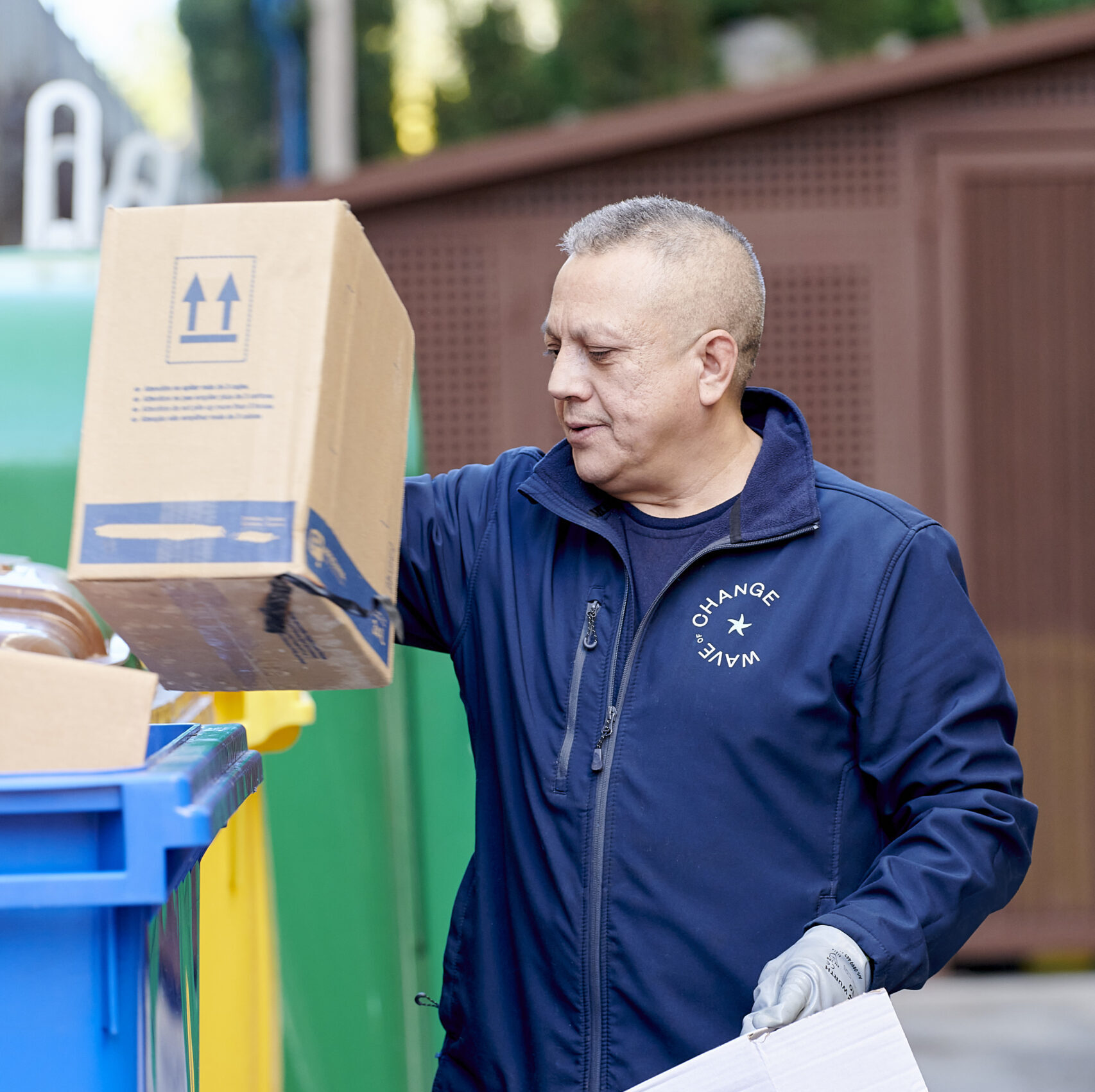


It is fundamental to adopt a regenerative and restorative economy in all operations to ensure the health of our oceans
We present our roadmap for the restorative and regenerative procurement of resources, the use and end use of water, energy and the products of the built environment: our hotels
Discover our resources
Anexo Guía Cero Residuos para el sector hotelero de Quintana Roo, México.
Subscribe to our newsletter
Stay up to date with the Wave of Change newsletter.
Before submitting this form, you should read the basic information on data protection.
Data protection: The data controller is Iberostar Hoteles & Apartamentos, S.L. The purpose is to manage the distribution list of the Wave of Change initiative and to compile statistics to analyze the impact of this initiative and evaluate the quality of the website. You have the right to request access, rectification or deletion, the limitation of the treatment and the portability of your data, as well as to oppose its treatment and to file a claim with a control authority. More information here.

